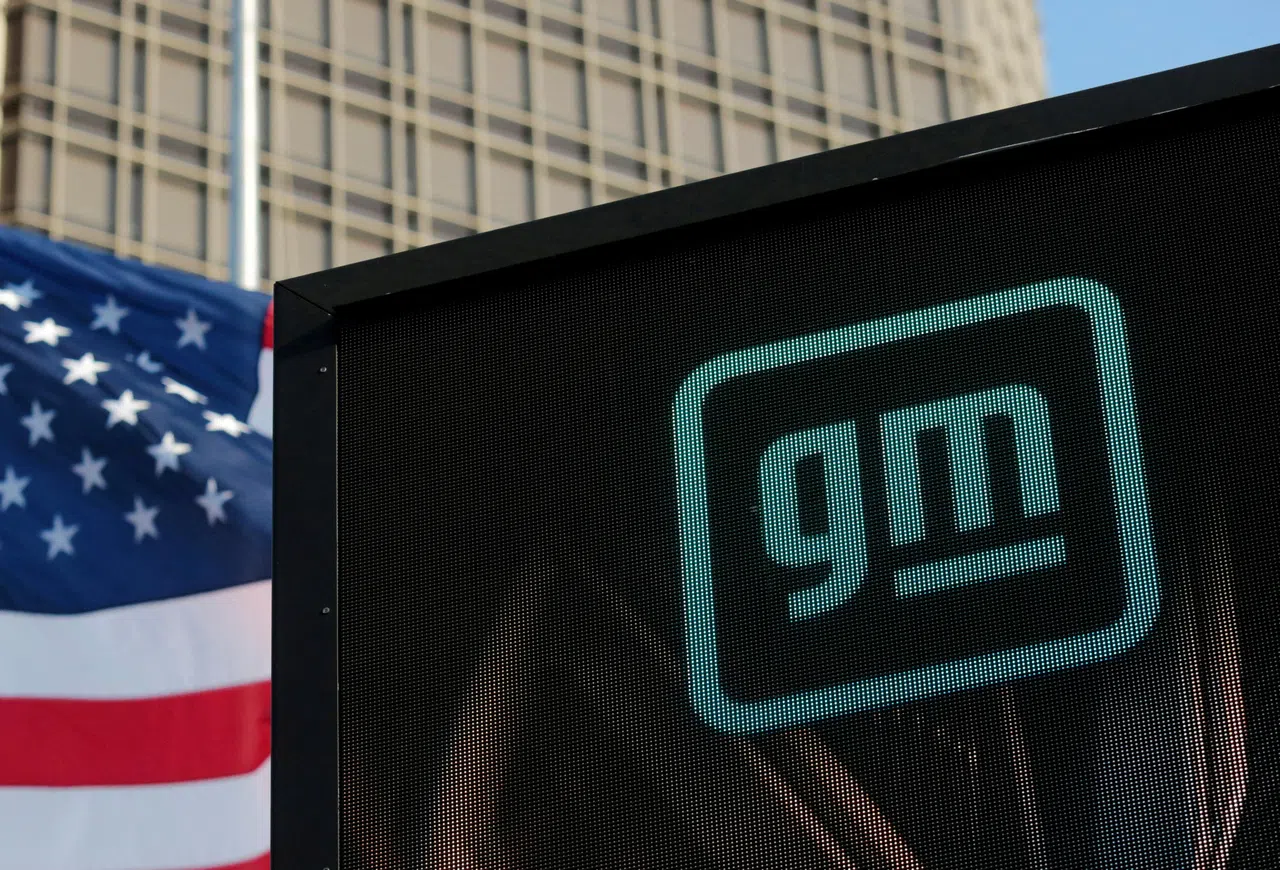PRESIDENT Donald Trump will exempt automakers from his punishing 25 per cent tariffs on Canada and Mexico for one month as long as they comply with an existing free trade agreement, the White House said on Wednesday, a development that brought at least for now a halt to Wall Street’s steepest skid in nearly three months.
Trump is also open to hearing about other products that should be exempted from the tariffs, which took effect on Tuesday, the White House said.
But Trump made clear he was not calling off his trade war with Canada and Mexico as he pressures the two countries to deter fentanyl smuggling.
After a phone call with Canada’s Prime Minister Justin Trudeau, Trump said he was not convinced the situation had improved.
“He said that it’s gotten better, but I said, ‘That’s not good enough,’” Trump wrote on his Truth Social platform. “The call ended in a ‘somewhat’ friendly manner!”
Trudeau’s office said discussions would continue. Official statistics show a small fraction of fentanyl in the United States comes across the Canadian border.
BT in your inbox
Start and end each day with the latest news stories and analyses delivered straight to your inbox.
The one-month reprieve sparked a rebound in auto stocks, but trade tensions have created unexpected uncertainty for US corporations and sapped consumer confidence, leading to a selloff in stocks in recent days.
General Motors shares were up 7.2 per cent and Ford gained 5.8 per cent on Wednesday, but both companies’ shares are still down on the year.
Trump’s tariffs pose extreme difficulties for automakers, which produce vehicles in all three countries and often ship parts across North American borders multiple times as they get built up into systems and finished vehicles.
A one-month exemption for cars and trucks that comply with the US-Mexico-Canada Agreement’s complex content rules, as Trump has outlined, would be a boon for Ford, GM and Stellantis.
Trump also might eliminate the 10 per cent tariff on Canadian energy imports, such as crude oil and petrol, which comply with the USMCA rules of origin, a source familiar with the discussions said.
Trump’s tariffs threaten to severely damage relations between the three trading partners. Canada has hit back with tariffs of its own on selected US imports, while Mexico has vowed to retaliate as well.
Fentanyl is responsible for the majority of drug overdose deaths in the United States, which have climbed above 100,000 annually in recent years.
Officials say Canada and Mexico are conduits for shipments of the drug and its precursor chemicals into the US in small packages that are not often inspected by customs agents.
Public data shows 0.2 per cent of all fentanyl seized in the US comes from the Canadian border, while the vast majority originates from the southern border. US officials seized roughly 9.4 grammes along the Canadian border in January, down from 2.5 kg in November.
The tariffs threaten to derail Canada’s fledgling economic recovery and could trigger a recession. The country relies on the United States for 75 per cent of its exports and a third of all imports, and Canadian officials have pledged to fight back hard if necessary.
Canada could potentially use oil and gas exports as a lever in negotiations if US tariffs on Canadian imports escalate, Foreign Minister Melanie Joly told a Toronto business audience on Wednesday.
Trade tensions also already may be hurting the United States. New data released on Wednesday showed slowing payroll growth, as well as lower wage growth for workers who switch jobs, while a separate Federal Reserve report found widespread uncertainty among US businesses about Trump’s policies.
The Fed’s “Beige Book” report showed some businesses were not waiting for tariffs to take effect to raise their prices.
The dollar hit three-month lows on Wednesday, while US stock indices, which had fallen steadily this week, found at least a temporary footing. The benchmark S&P 500 index rose 1.1 per cent, retracing about a third of its decline from the previous two days.
Trump has also imposed an extra 10 per cent duty on Chinese goods, and China has responded with additional tariffs of its own.
Boon for Detroit
The tariffs could have spelled trouble for Detroit’s big money maker – pickup trucks – and they still may, barring a long-term deal.
One analysis suggested the levies would have added an average of US$3,000 to vehicles already costing upwards of US$65,000 – and up to US$7,000 on nameplates coming from Mexican and Canadian plants. That would be a blow to buyers who, according to an Edmunds survey, typically lean Republican.
“As America’s top auto producer, we appreciate President Trump’s work to support our industry and exempt auto companies complying with USMCA,” Ford said in a statement.
Trump’s announcement came one day after a phone call with the CEOs of Ford, GM and Stellantis.
Vehicles made by the three companies comply with the USMCA’s complex rules that require 75 per cent North American content in order to get duty-free access to the US market.
The rules also require 40 per cent of a passenger car’s content to be manufactured in the United States or Canada, based on a list of “core parts” including engines, transmissions, body panels and chassis components. The threshold for pickup trucks is 45 per cent.
Automakers have expressed support for boosting US investment but want certainty over tariff policies as well as on vehicle emissions rules before making dramatic changes, two industry sources said.
“We are prepared to work with the Trump administration to support further investment in our US manufacturing footprint, but we need time to make these changes without negatively impacting the business and our customers,” Stellantis told its dealers on Tuesday in an email seen by Reuters.
An exemption also would benefit some foreign brand automakers with large US production footprints, including Honda and Toyota, but some competitors that don’t comply would have to pay the full 25 per cent US tariffs. REUTERS







